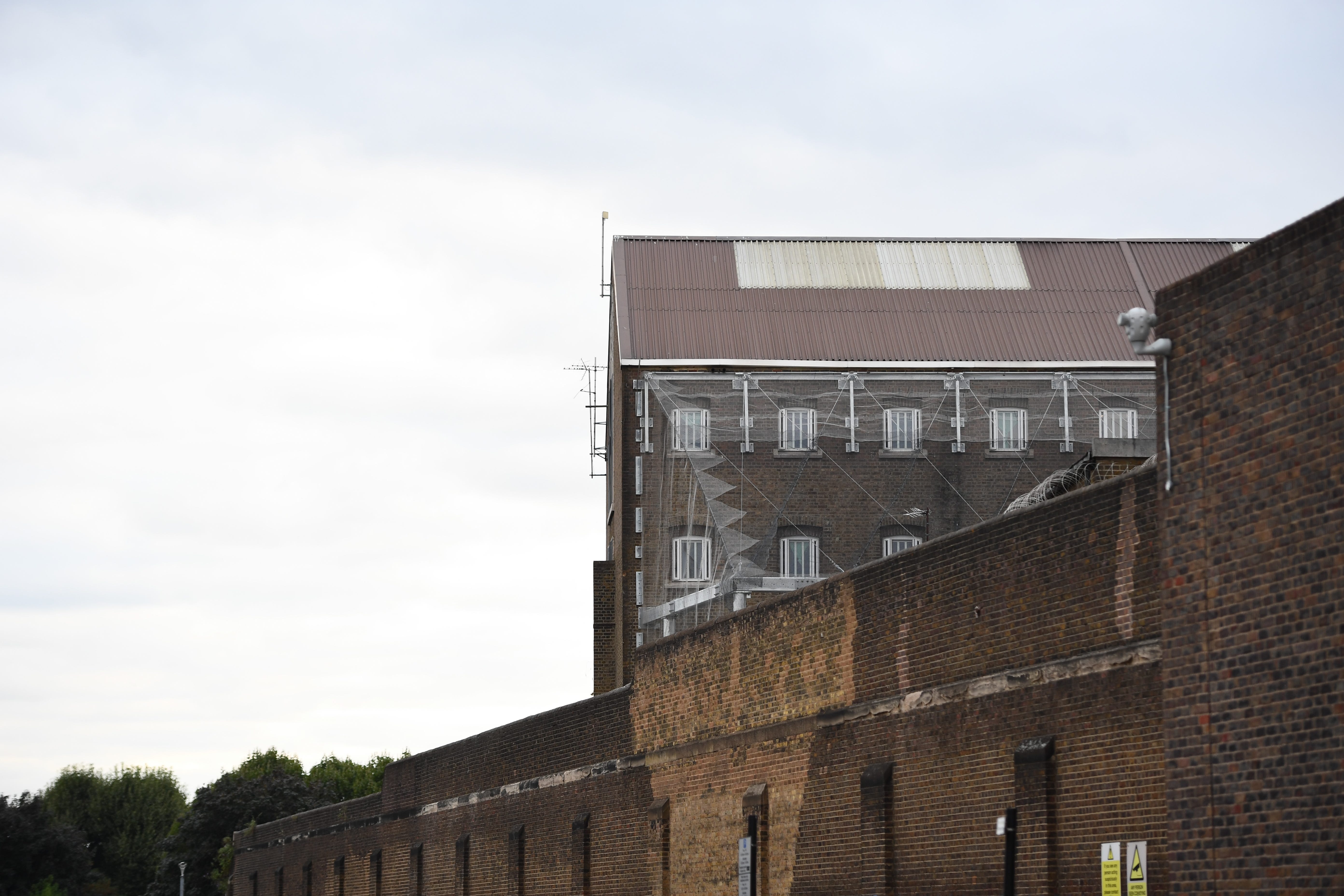Government ‘doing everything’ to prevent early release of domestic abusers
Sir Keir Starmer said his Government had been ‘forced’ into the early release scheme by its Tory predecessors.

Your support helps us to tell the story
From reproductive rights to climate change to Big Tech, The Independent is on the ground when the story is developing. Whether it's investigating the financials of Elon Musk's pro-Trump PAC or producing our latest documentary, 'The A Word', which shines a light on the American women fighting for reproductive rights, we know how important it is to parse out the facts from the messaging.
At such a critical moment in US history, we need reporters on the ground. Your donation allows us to keep sending journalists to speak to both sides of the story.
The Independent is trusted by Americans across the entire political spectrum. And unlike many other quality news outlets, we choose not to lock Americans out of our reporting and analysis with paywalls. We believe quality journalism should be available to everyone, paid for by those who can afford it.
Your support makes all the difference.Ministers are “doing everything” to ensure domestic abusers are not released early from prison as part of a scheme to relieve the near-full estate, Sir Keir Starmer said.
The Prime Minister made the claim as he heard concerns about a loophole in the early release scheme which could see domestic abusers released early.
The temporary scheme, which comes into effect on Tuesday, will see some prisoners released after serving 40% of their sentence behind bars in a bid to ease overcrowding.
There are exemptions from the scheme, including for domestic abusers, but newspapers have reported some domestic violence-related crimes are not always reported as such, leading to concerns these prisoners could be eligible for early release.
The prison population reached a new record high of 88,521 people on Friday and has risen by more than 1,000 people over the past four weeks.
The sharp rise is likely to have been driven by those involved in the recent disorder across parts of the country.
Asked about the concerns while visiting Dublin, the Prime Minister told broadcasters: “Let me start with how frustrated I am to be in this position. The last government didn’t build enough prisons and they are now full to bursting.
“If we don’t do something they will burst and we won’t be able to put anybody new into prison and the criminal justice system will collapse. So I am forced into this. I do not want to be in this position.”
Sir Keir insisted there were “safeguards in place” in relation to high-risk prisoners, including those convicted of domestic violence-related offences.
Pressed on the matter, he added: “We are doing everything we can to make sure that high-risk and domestic abusers, domestic violence cases are not released.”
After adding that the “broken” prison system was an “utter failure of the last government”, Sir Keir said: “I am going to roll up my sleeves and fix it now.”
Former Conservative justice secretary Alex Chalk had earlier said the justice system should not be locking up “everyone we’re cross with” as longer custodial sentences are expensive.
In a new report for the Howard League for Penal Reform, five senior retired judges said the Government must reverse the trend of locking people up for longer, pointing out that custodial sentences have doubled in length in the last 50 years.
Speaking to BBC Radio 4’s Today programme about sentence lengths on Saturday, Mr Chalk said: “The fact is there are some people who deserve very long sentences. We think of the Wayne Couzens, Sarah Everard case, Levi Bellfield and so on.
“But the fact is that overall sentences in Britain, in England and Wales anyway, are far, far longer than elsewhere in Europe. That is enormously expensive and the critical point is it doesn’t necessarily protect the public.
“So my strong view is that we should be locking up, including, sometimes for longer, those that we’re most scared of, but not necessarily everyone we’re cross with.”
Mr Chalk, who lost his parliamentary seat of Cheltenham to the Liberal Democrats in July’s general election, said it cost around £50,000 a year to keep a person in prison, with the capital cost of each new place around £600,000.
He said he accepted the “central premise” of what judges were saying about sentence lengths but thought the Government was right to be having a sentencing review, adding: “Let’s try to take the politics out of this and ensure that there is always the supply available to meet demand.”